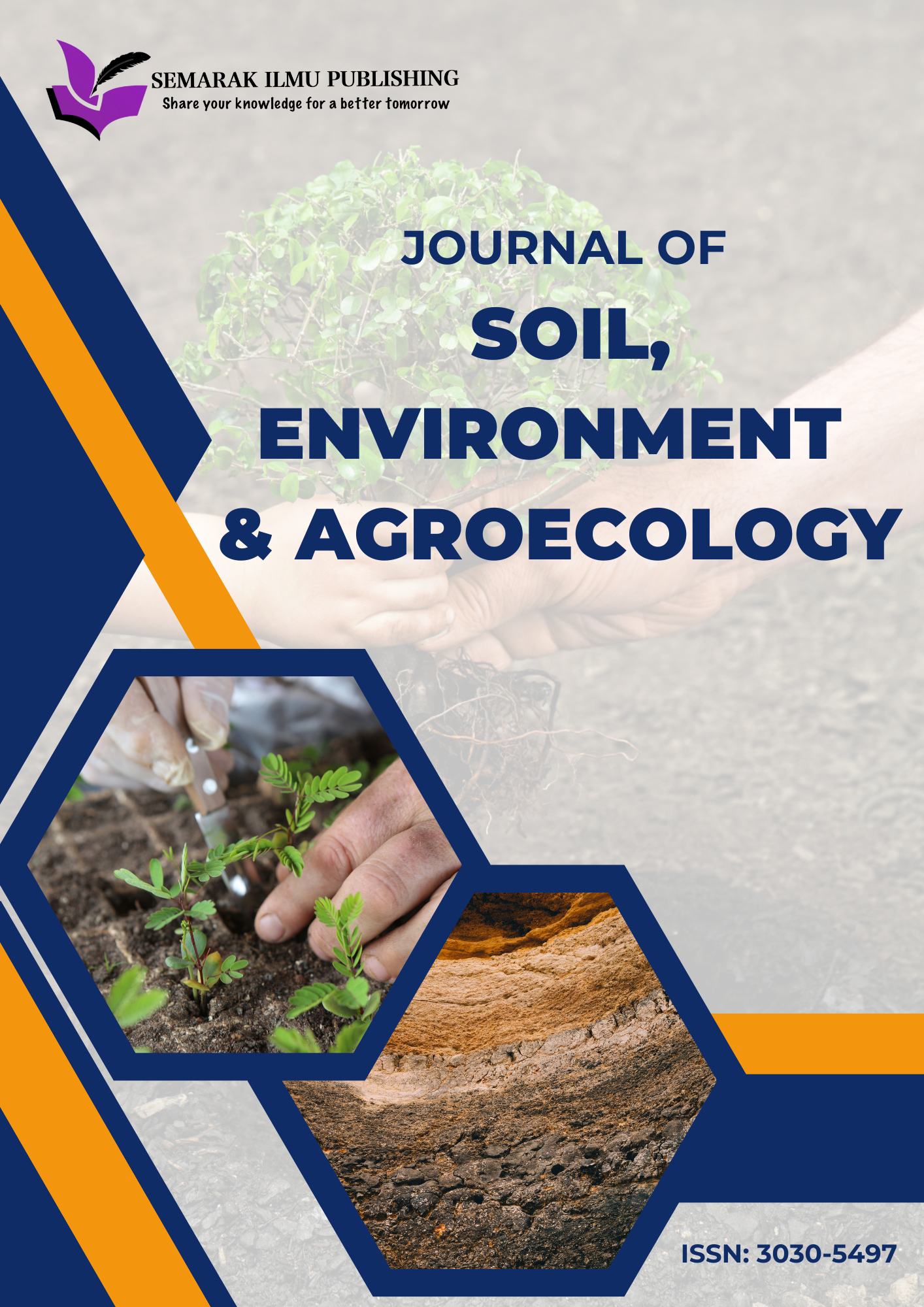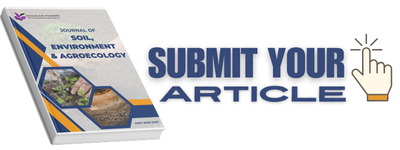Agroecological Practices in Malaysia – Case Studies
DOI:
https://doi.org/10.37934/sea.1.1.114Keywords:
Elements of agroecology, Malaysia agroecology, cereal crops, paddy farm, oil palm, factors on agroecology attributesAbstract
Agroecology is relatively a new term for local community in Malaysia. For agroecology practices to be widely accepted require better understanding of what it is, what are the agroecological attributes, and what are those elements in agroecology. In general, agroecology has ten elements, and it appears none or impossible nearly for any agricultural practices to fully comply with all these elements, but perhaps a combo high number of elements at certain degree of trade-off among those elements would be a feasible approach. In this study, we revealed some of the published practices available in Malaysia, as an example. The intention of the review effort is to reveal where we are currently, and how to move forward. Four case studies are discussed. First, agroecology approaches for cereal crops revealed up to four elements of agroecology have been implemented in the plantation, but also some elements remain unexplored. Second, a comparison has been made between the paddy cultivation by agroecology with conventional cultivation. Agroecology method in paddy farm have shown to save cost, environmentally friendly, and generate produced with better health benefit over the conventional method. Third, the examples of agroecological practices in oil palm plantation displayed many impressive solutions in line with agroecology, but similar with cereal crop practices that it has a limited inclusion of agroecology elements. Some of the agroecology elements can be explored further for implementation in agriculture are resilience, human and social values, culture and food traditions, responsible governance, and circular and solidarity economy.










